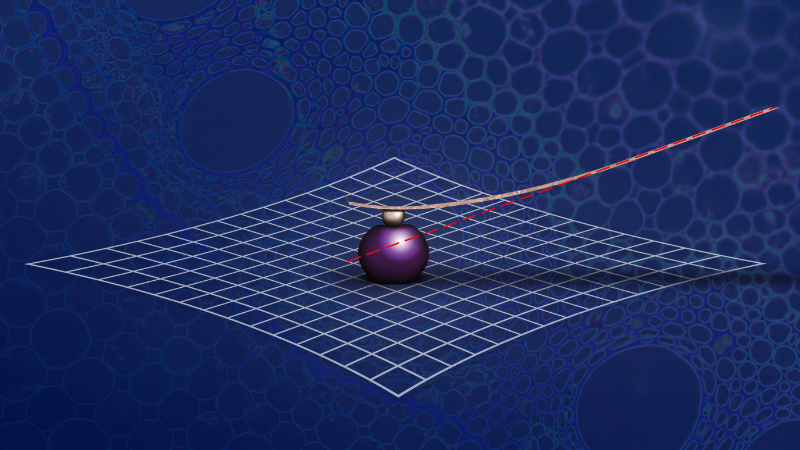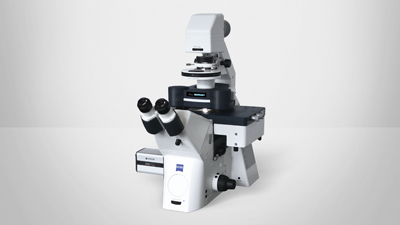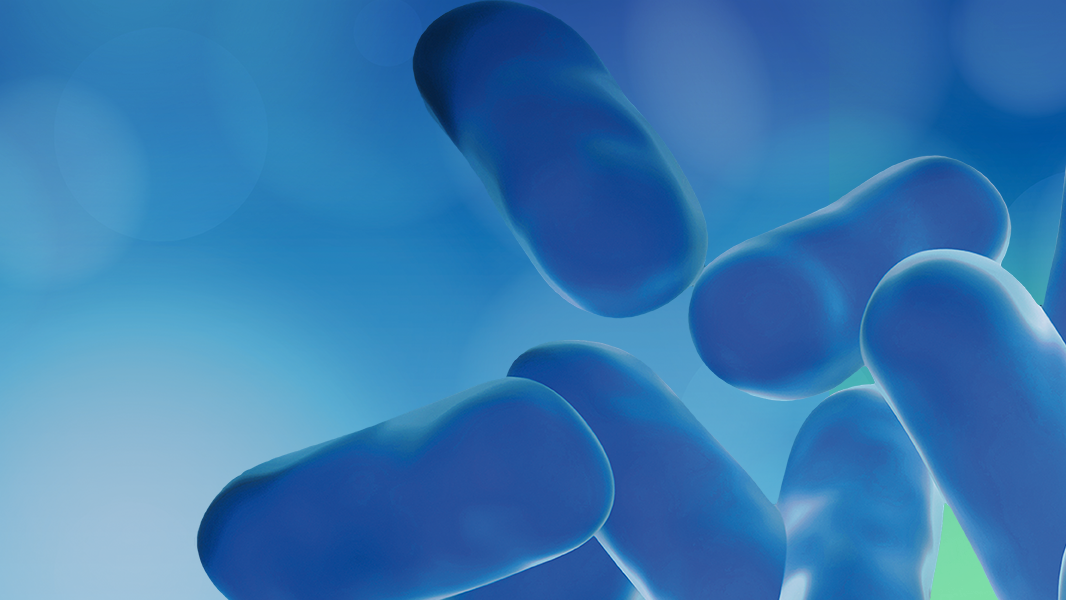

Automated AFM and Applications in Mechanobiology and Life Science Research
The field of mechanobiology is delivering remarkable insights into fundamental biological processes.
Watch this webinar to hear special guest speaker Prof. Etienne Dague, LAAS-CNRS, University of Toulouse, France discuss automated AFM and applications in mechanobiology and life science research.
Webinar Summary
The field of mechanobiology is delivering remarkable insights into fundamental biological processes, such as the role of proteins in cellular functioning, signaling and binding events, and molecular, cell-cell and cell-surface interactions.
Atomic force microscopy (AFM) has emerged as a key platform for studying the morphological and nanomechanical properties of living biological systems and is making a vital contribution towards understanding various pathological disorders and the development of innovative therapeutic approaches.
The NanoWizard V AFM provides a degree of automation and ease-of-use second to none:
- Automated setup, workflow, and calibration, for remote-control of self-regulating experiments
- Fastest automated BioAFM, for increased throughput and improved productivity
- Maximum efficiency, highest flexibility
In this webinar recording, Prof Etienne Dague provides insight into his work using AFM, with a particular focus on the importance of automated measurements for life science and biomedical research. Dr Thomas Henze, Head of Applications at Bruker BioAFM, also gives an overview of the new AFM developments enabling automated quantitative nanomechanical and high-throughput data acquisition measurements of large samples. This webinar concludes with a live demo from our laboratories in Berlin, Germany.
Find out more about the technology featured in this webinar or our other solutions for Mechanobiology Research:
Webinar Overview
| Presentation Title | Speaker |
|---|---|
| Welcome and Introduction | Carmen Pettersson, European Marcom Manager BNSM, Bruker |
| Mechanobiological Measurements with AFM | Prof. Etienne Dague, Ph.D., LAAS-CNRS, University of Toulouse, France |
| AFM Developments Enabling Automated Analysis of Large Sample Areas | Thomas Henze, Ph.D., Head of Applications, Bruker BioAFM |
| Live Demo NanoWizard V AFM | Tanja Neumann, Ph.D., Senior Applications Scientist, Bruker BioAFM |
| Closing |
Abstract: Towards Automation of Mechanobiological Measurements with AFM
Prof Etienne Dague, LAAS-CNRS, University of Toulouse, CNRS, France
The paradigm in bio-AFM is to draw fundamental biophysical conclusions from measurements performed on only a few dozen cells. In order to apply these results in the fields of biology or medicine, it is essential to improve the statistical significance by increasing the number of cells measured and by automating the measurements. In this context, it is necessary to optimize the measurements, reduce variation of the results, and increase the speed of the experiment. Once this has been achieved, it will become possible to generate enough data sets to enable machine learning and an analysis that can decipher between malignant and normal cells.
Featured Products and Technology
Speakers
Prof. Etienne Dague, Ph.D., LAAS-CNRS, University of Toulouse, CNRS, France
Dr. Etienne Dague is Research Director of the French National Center for Scientific Research (CNRS). He obtained his PhD in Physico-Chemistry from the University of Lorraine in 2006 and is a pharmaceutical doctor of the same university (2003). Since 2007, he has been at LAAS-CNRS (Laboratoire d’Analayse et D’architecture des Systèmes du CNRS) in the ELIA team (Engineering for life science), Toulouse. He managed an interdisciplinary team at ITAV-CNRS entitled “Nanocardiology and Biophysics of Cancerous Cells” between 2012 and 2016. His research focuses on the development of AFM technologies for applications in biology (from microbes to mammalian cells and mechanical measurements to single molecule interactions). He is now Deputy Director of the Micro Nano Bio Technology Department at LAAS-CNRS (150 researchers, engineers, Postdocs, and PhD students) and of a research federation (FERMAT) that brings together 9 laboratories from Toulouse in the field of engineering (200 researchers, 70 ongoing interdisciplinary research projects).
Tanja Neumann, Ph.D., Senior Applications Scientist, Bruker BioAFM

